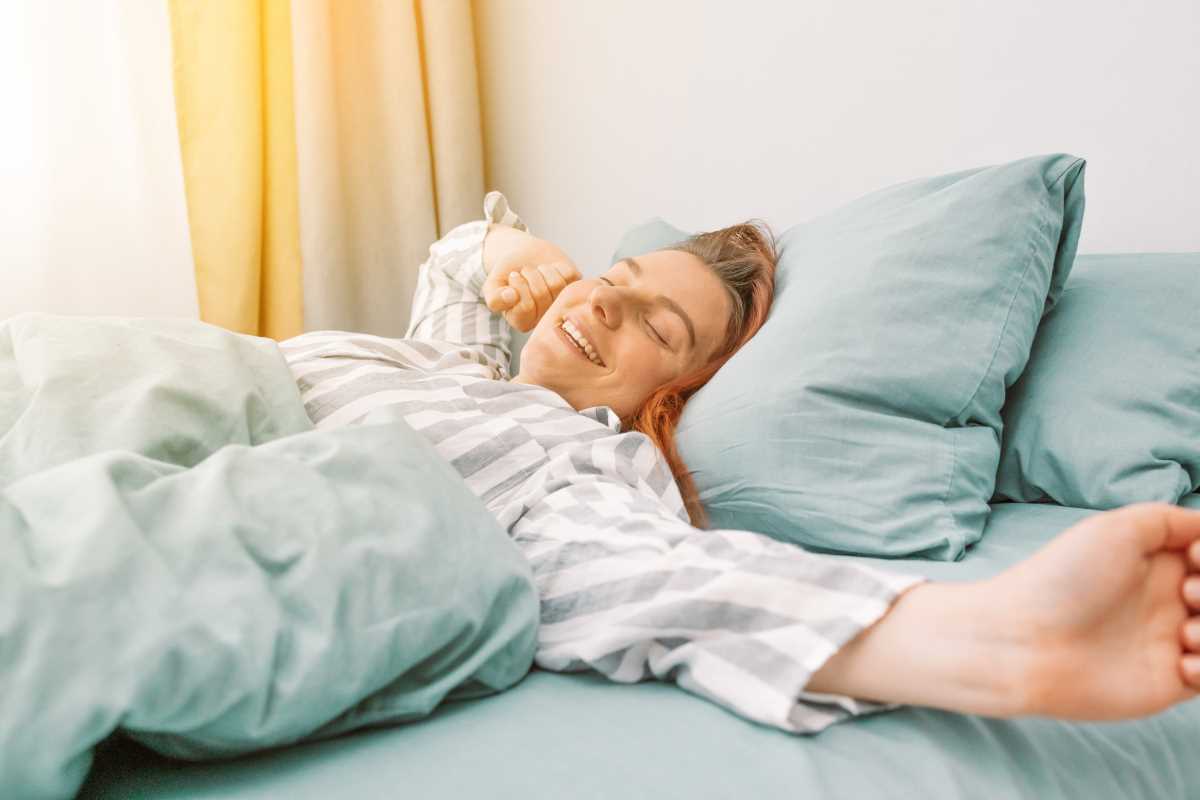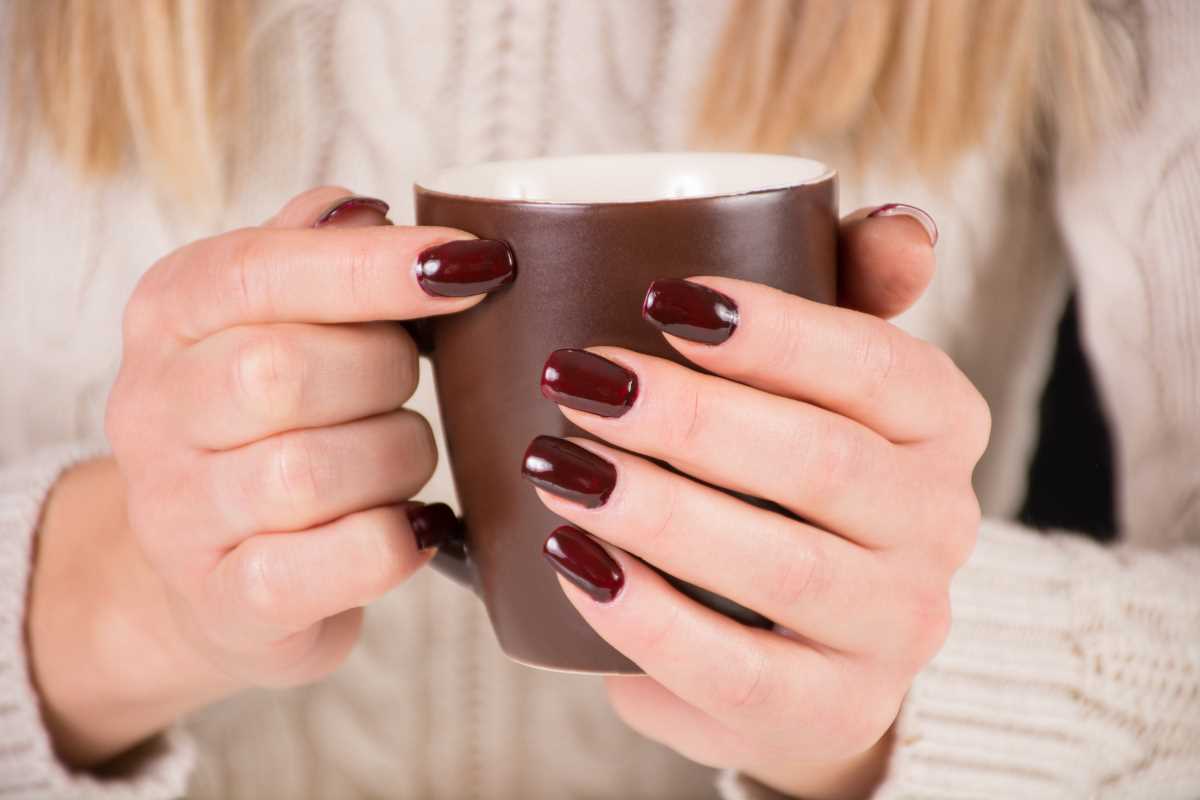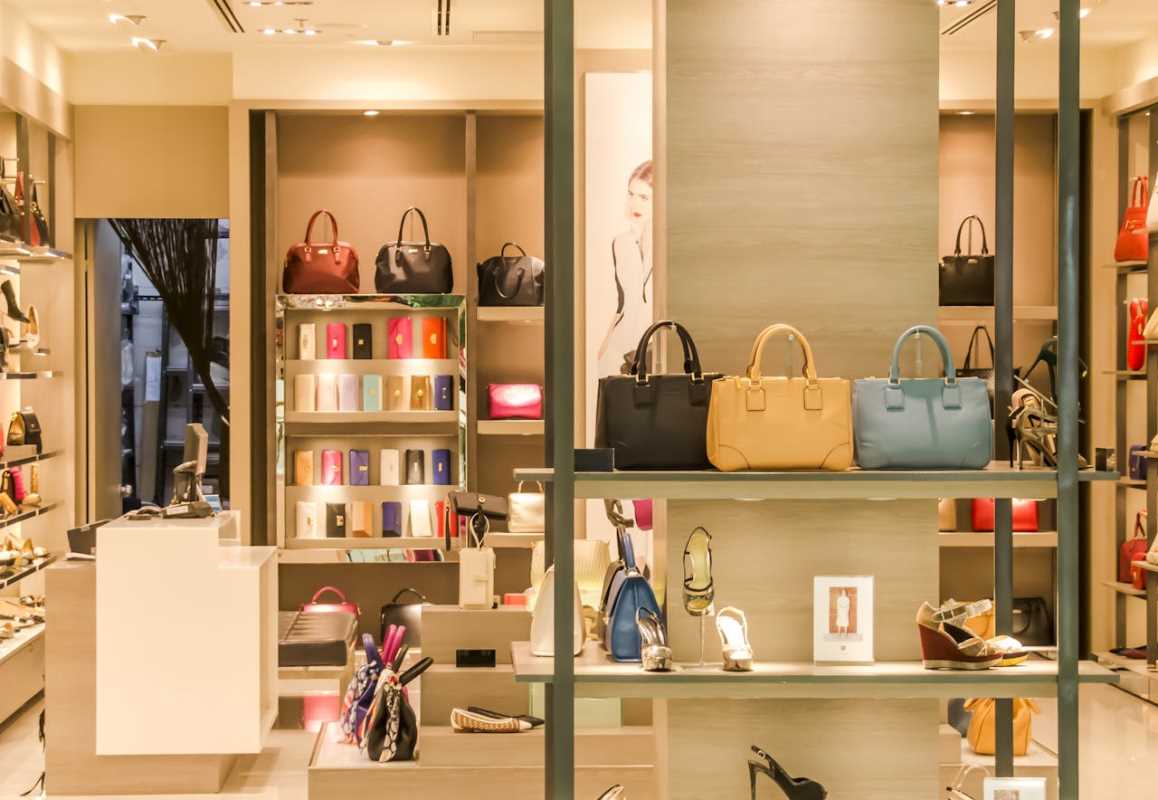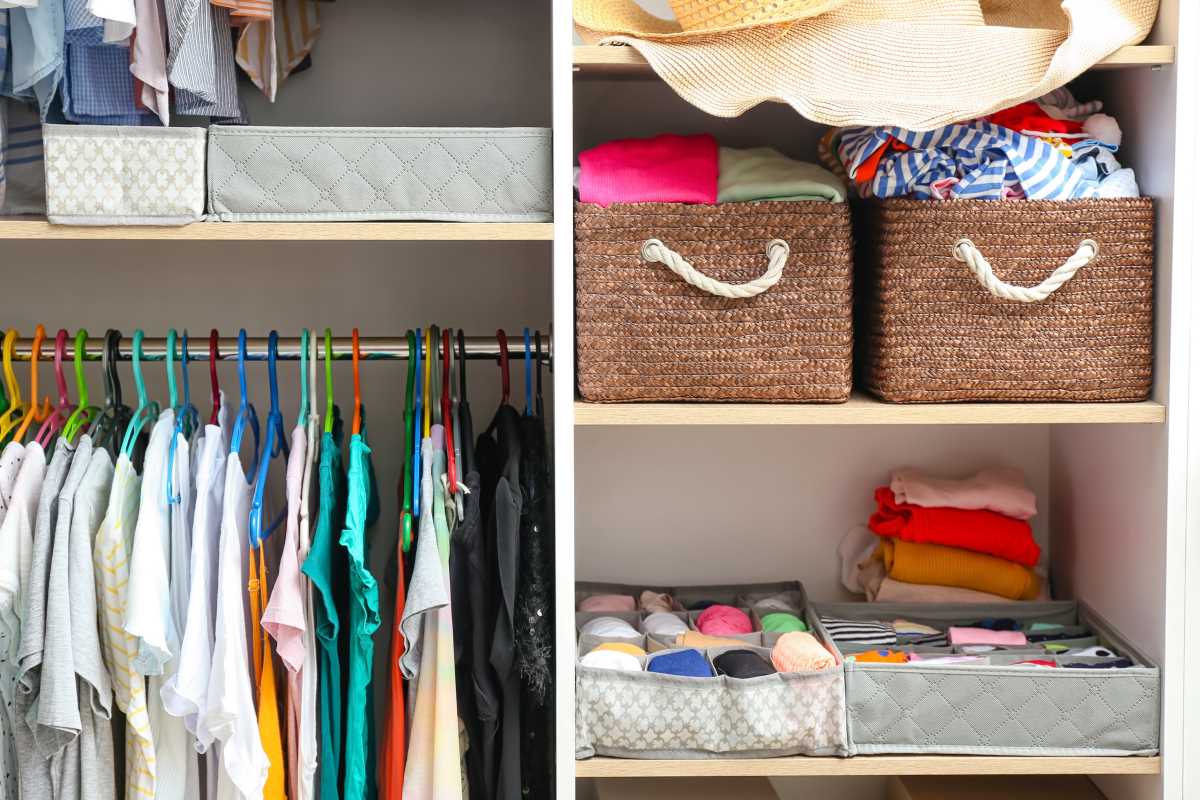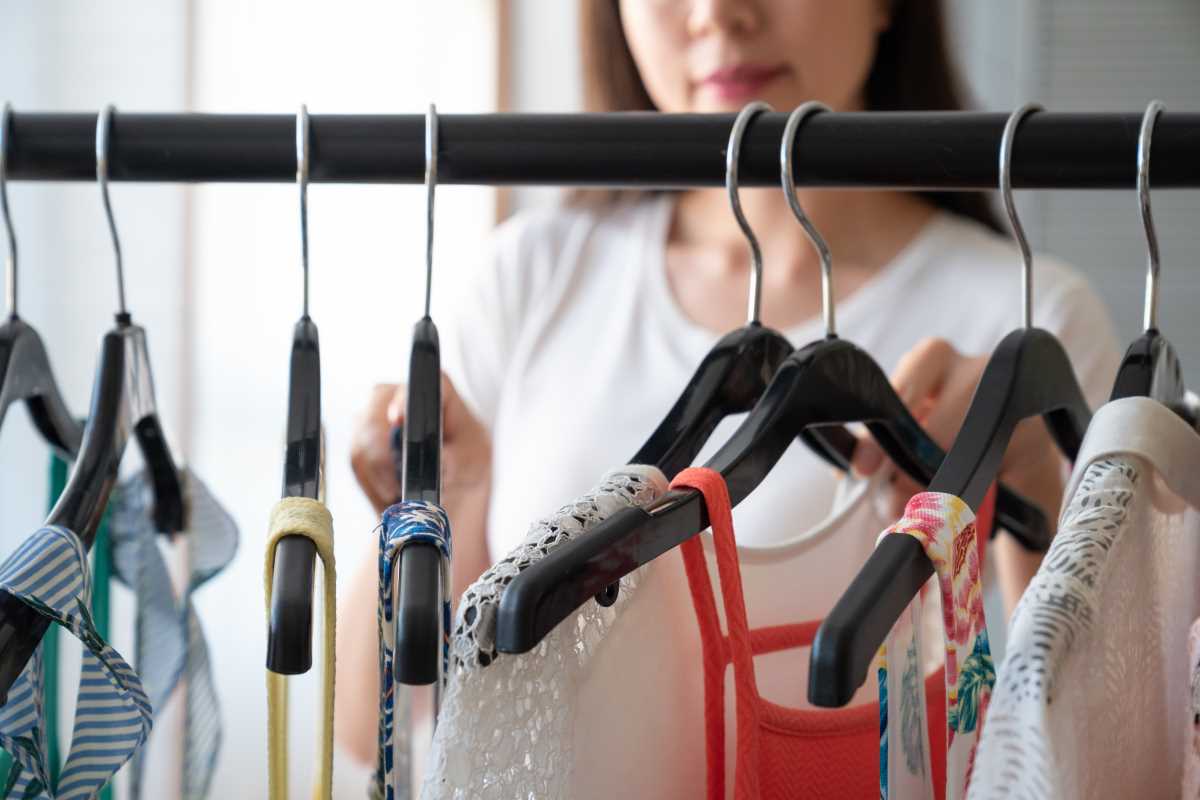A closet overflowing with shoes might seem like the height of luxury, but for many, it represents a source of stress and clutter. The constant pressure to have the right pair for every occasion can be overwhelming. Embracing a more minimalist approach to footwear offers a surprising sense of liberation. This shift is not about deprivation; it is about intentionality. Owning fewer shoes can lead to significant psychological, practical, and financial benefits that simplify daily life. You can gain more time, save money, and reduce decision fatigue, all by curating a smaller, more versatile collection. This article explores the freedom that comes from simplifying your shoe collection and offers practical steps to get you started on this rewarding journey.
The Psychology Behind Owning Less
The connection between our possessions and our mental well-being is powerful. A cluttered environment often leads to a cluttered mind. Reducing the number of items we own, including shoes, can have a profound positive impact on our psychological state.
Reducing Decision Fatigue
Every day, we make thousands of choices, from what to eat for breakfast to how to handle a major work project. This constant stream of decisions depletes our mental energy, a phenomenon known as decision fatigue. A closet packed with shoes presents another set of choices each morning. Which pair matches your outfit? Which is most comfortable? Which is appropriate for the weather?
By owning fewer shoes, you simplify this daily routine. A curated collection of versatile, high-quality footwear removes unnecessary options. This small change conserves your mental energy for more important decisions throughout the day. You start your morning with clarity and purpose instead of feeling overwhelmed by trivial choices. This streamlined process supports a calmer, more focused mindset.
Gaining a Sense of Control
An overflowing shoe collection can feel chaotic and unmanageable. Shoes pile up by the door, get lost in the back of the closet, and create a constant state of low-level disorder. This physical clutter can translate into feelings of being out of control in other areas of your life. The act of decluttering and organizing your shoes is a way to reclaim that control.
Choosing to keep only the shoes you truly love and use is an empowering act. It allows you to define your personal style and needs on your own terms. You are no longer a passive consumer accumulating items but an active curator of your life. This sense of agency can boost your confidence and spill over into other aspects of your daily routine, encouraging you to take control of your schedule, finances, and personal goals.
Fostering Contentment and Gratitude
The desire for more is a common theme in modern society, often fueled by advertising and social media. This constant pursuit can lead to a cycle of dissatisfaction. Owning fewer shoes encourages a shift in mindset from accumulation to appreciation. Instead of always looking for the next pair to buy, you learn to value the quality and function of the shoes you already have.
This practice cultivates contentment. You begin to appreciate the craftsmanship, comfort, and style of your carefully chosen footwear. Gratitude for what you have replaces the longing for what you don't. This shift can lead to greater overall happiness and a more positive outlook on life. It teaches you that fulfillment comes not from quantity, but from the quality and usefulness of your possessions.
The Practical Advantages of a Minimalist Shoe Collection
Beyond the psychological benefits, owning fewer shoes brings a host of practical advantages that simplify your life and free up valuable resources. These tangible benefits make everyday routines smoother and more efficient.
Simplifying Your Daily Routine
A streamlined shoe collection saves you precious time and energy each day. Imagine a morning where you know exactly which shoes to wear without a second thought. A small, well-organized collection eliminates the need to rummage through piles of footwear to find a matching pair or the right style for your outfit. Everything has its place, and every item serves a purpose.
This simplicity extends to maintenance. With fewer pairs to care for, you can invest more time in keeping each one in excellent condition. Polishing, cleaning, and making necessary repairs become manageable tasks rather than overwhelming chores. Your shoes last longer, look better, and are always ready to wear. This organized approach reduces morning stress and helps you start your day on a more positive and efficient note.
Saving Money and Space
Shoes can be a significant expense, especially when you are constantly buying new pairs to keep up with trends. A minimalist approach to footwear can lead to substantial financial savings. By focusing on quality over quantity, you invest in durable, versatile shoes that last for years. This reduces the need for frequent replacements and impulse purchases, freeing up money for other priorities like savings, experiences, or investments.
Owning fewer shoes also liberates a surprising amount of physical space in your home. Closets, entryways, and under-the-bed storage areas become less cluttered and more organized. This newfound space can make your home feel larger, calmer, and more inviting. Eliminating shoe clutter contributes to a more serene and functional living environment, reducing stress and making your home a true sanctuary.
Curating Your Ideal Shoe Collection
Transitioning to a smaller shoe collection is a journey of intentionality. It involves evaluating your lifestyle, defining your personal style, and making conscious choices about what you truly need.
How to Begin the Decluttering Process
Start by gathering all of your shoes in one place. This visual representation helps you see the full scope of your collection and makes it easier to identify redundancies. Sort your shoes into three piles: keep, donate/sell, and discard.
Be honest with yourself during this process. For the keep pile, select only the shoes you love, wear regularly, and that fit your lifestyle. Ask yourself if a pair is comfortable, in good condition, and versatile. The donate/sell pile should include shoes that are in good shape but no longer serve you. The discard pile is for shoes that are worn out or damaged beyond repair.
Building a Versatile and Functional Wardrobe
Once you have decluttered, focus on building a core collection of high-quality, versatile shoes. The goal is to have a pair for every essential function in your life. A well-rounded minimalist collection might include a comfortable pair of everyday sneakers, a classic pair of boots, a professional option for work, and an elegant choice for special occasions.
Invest in timeless styles and neutral colors that can be mixed and matched with various outfits. Quality materials and craftsmanship are key. A well-made pair of leather boots or classic loafers will outlast dozens of cheaper, trend-driven alternatives. Think of your shoe collection as a curated set of tools designed to support your life, not complicate it. This thoughtful approach ensures that every pair you own is both beautiful and functional.
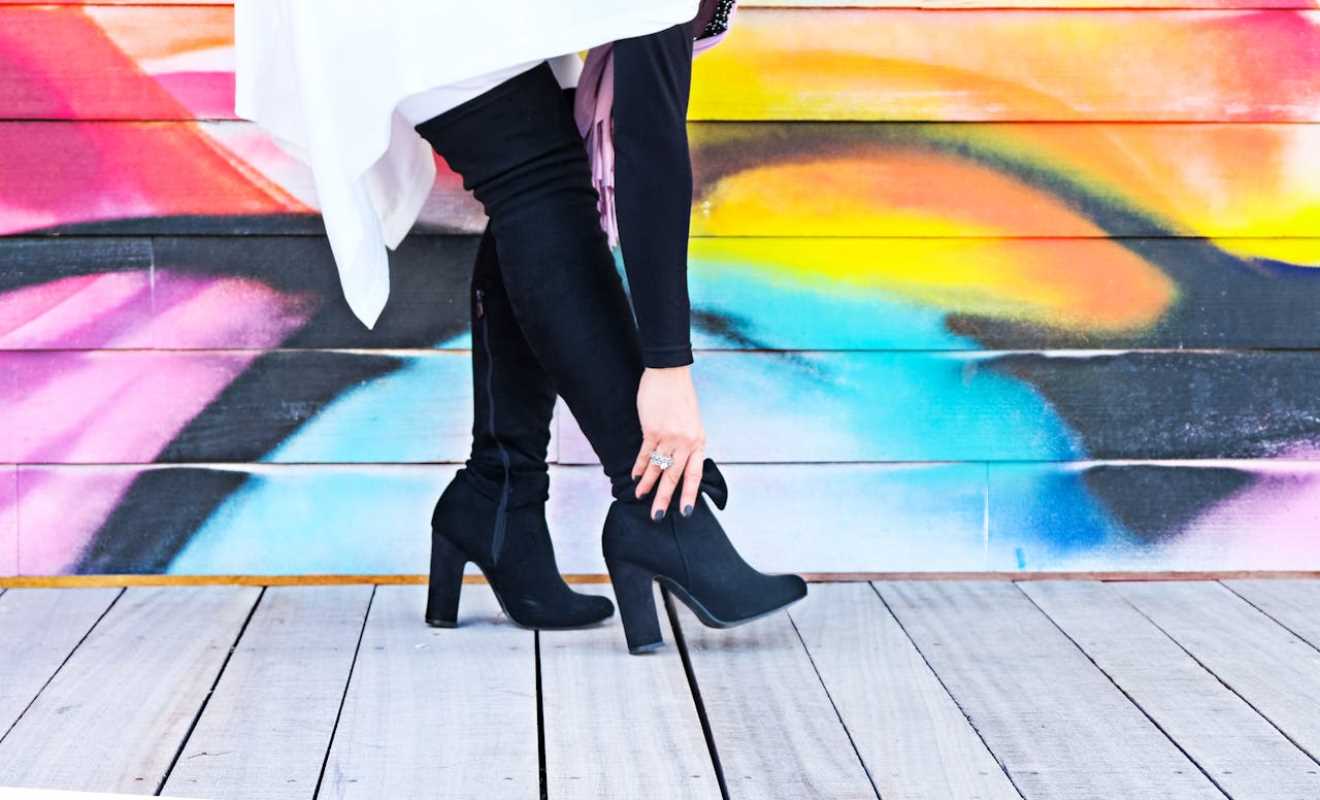 (Image via
(Image via